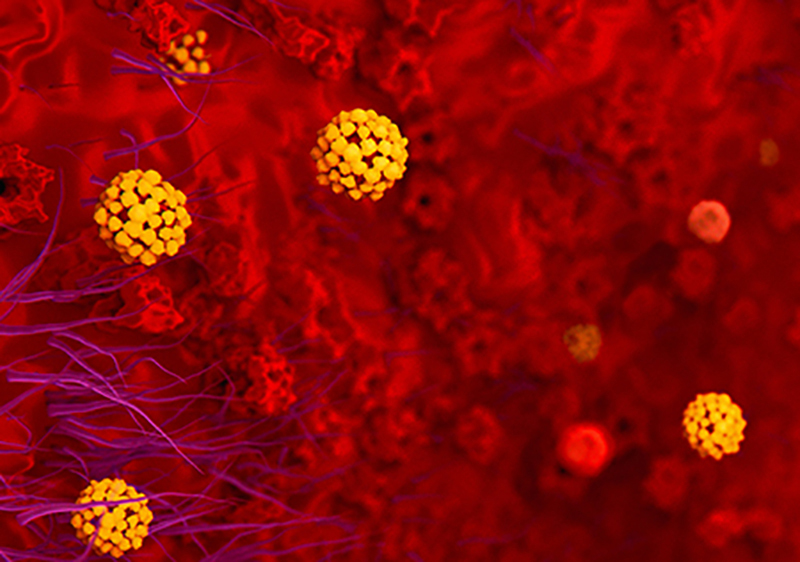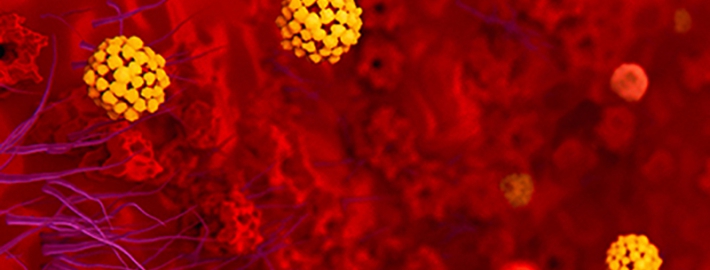Novel Coronavirus (COVID-19) information for the UCLA campus community

Coronavirus in lungs
STATUS: No confirmed cases of COVID-19 on the UCLA campus at this time.
12:28 p.m., March 13
Dear Bruins:
UCLA Chancellor Gene Block wanted you to know that he is self-quarantining at home for the next 14 days after learning this morning that he came in contact with an individual with a confirmed case of COVID-19. While he is currently asymptomatic and continues his duties running the campus, he felt it was important to keep the UCLA community aware and informed. He knows there are many of you who are similarly self-quarantining and wants you to know that you have the support of the entire Bruin community.
UCLA Chancellor Gene Block sent a message to the campus community today informing everyone about the following changes to limit the spread of COVID-19 effective March 11.
- UCLA will suspend in-person classes wherever possible and transition to online platforms through April 10, which is the end of the second week of Spring Quarter.
- Winter Quarter final exams will be offered remotely. Instructors are asked to communicate with students how final exams, if applicable, will be offered without the need to assemble in person (for example, take home, online or other alternative formats).
- Students are encouraged to start the Spring Quarter remotely from home. University housing will remain open through Spring Break and beyond for those who need it.
- UCLA is transitioning over the next few days to cancel nonessential gatherings of more than 100 people through April 10.
- Campus remains open, including housing, hospitals, clinics and research laboratories.
Click here to read the full message.
- Mental health counseling services are available. To speak with a member of the UCLA Counseling and Psychological Services staff, call 310-825-0768.
- UCLA is hosting information sessions to answer questions about COVID-19. They are available on livestream at this link.
- Update for staff who work at UCLA.
FAQ
How do I prevent the spread of COVID-19?
Public health officials recommend the following steps to prevent the spread of all respiratory viruses, including influenza and COVID-19.
- Wash your hands frequently and for at least 20 seconds with soap and water or alcohol-based hand sanitizer.
- Cough into your elbow or a tissue and not your hands. Dispose of the tissue.
- Clean and disinfect frequently touched surfaces at home, work and school.
- Avoid touching your eyes, nose and mouth.
- Avoid close contact with people who are sick.
- If you are sick, stay home and do not travel or report to work.
- Practice healthy habits: Get plenty of sleep, be physically active, manage your stress, drink plenty of fluids and eat nutritious food.
How does maintaining a “safe distance” from other people help prevent the disease from spreading? And what is a “safe distance”?
The best way to limit the spread of COVID-19 or any contagious disease, according to health experts, is to maintain a safe distance from other people. Remaining six feet away from others, wherever possible, can help prevent infections transmitted by an uncovered cough or sneeze and also by touching a contaminated surface. Avoiding large groups in crowded spaces is a scientifically proven way to lower the infection risk and the spread of a virus.
What if I develop flu-like symptoms?
Flu symptoms include fever, cough and difficulty breathing. If you develop symptoms consistent with the flu or are concerned that you may have been exposed to COVID-19:
- Students: Call the Ashe Center Infection Control Line at 310-206-6217. Callers will speak with a registered nurse who will determine the need for further testing and treatment. Students should stay at home, avoid attending classes, and not eat in the dining halls until they are cleared by the Ashe Center.
- Faculty and staff: Seek medical care from your health care provider. Please call ahead so that the facility may plan ahead to minimize potential spread.
Should I wear a facemask?
There is no need to wear a facemask unless you have symptoms of an airborne infectious disease or are in prolonged close contact (about 3 feet) with a contagious person. Outside of these circumstances, the U.S. Centers for Disease Control and Prevention does not recommend use of a facemask by members of the general public.
What if I see someone whom I suspect has COVID-19?
While the vast majority of the infections have occurred in Wuhan, China, we must not stigmatize anyone in our community based on national origin. Someone who has a cough or a fever does not necessarily have coronavirus.
Video FAQ with Dr. Daniel Uslan, clinical chief of the division of infectious diseases at the David Geffen School of Medicine at UCLA. Recorded on Feb. 7.
Click here to read the FAQ with Uslan.
This article originally appeared in the UCLA Newsroom.




